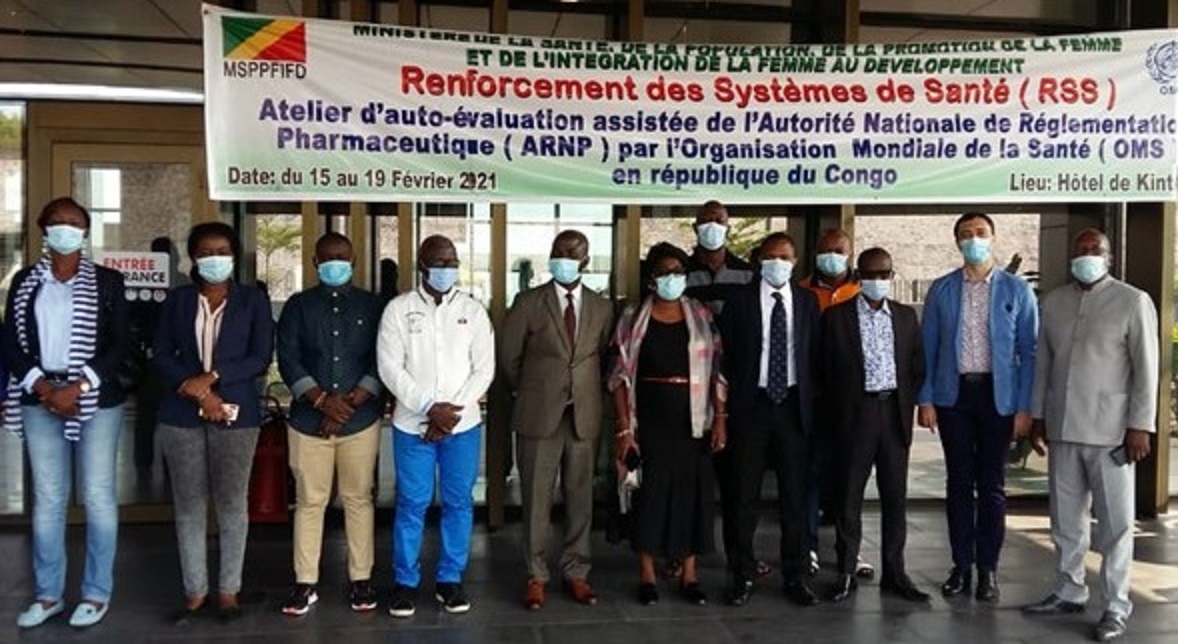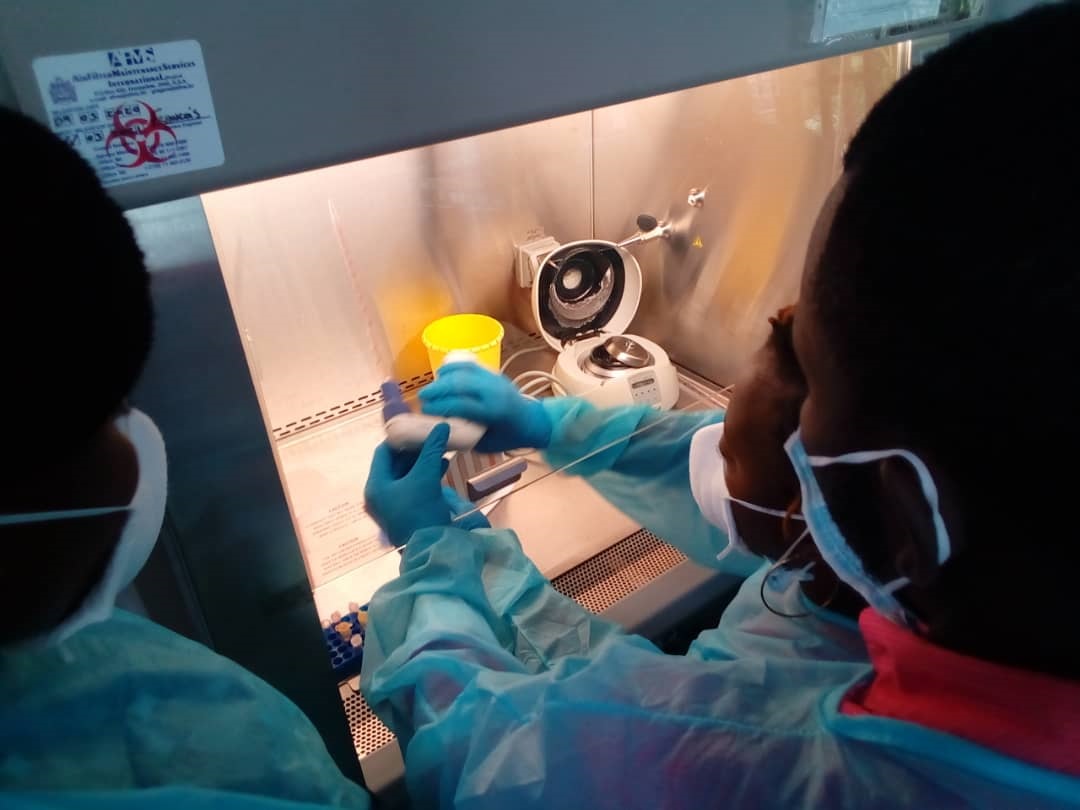ITAIL-COVID-19 Project second press release

March 10, 2021
0 Comments
Summarising the latest most important achievements, the project ITAIL-COVID-19 (Integrated Testing Approaches and Intensive Laboratory training as strategy against COVID-19) second press release is now available: click here to download.

